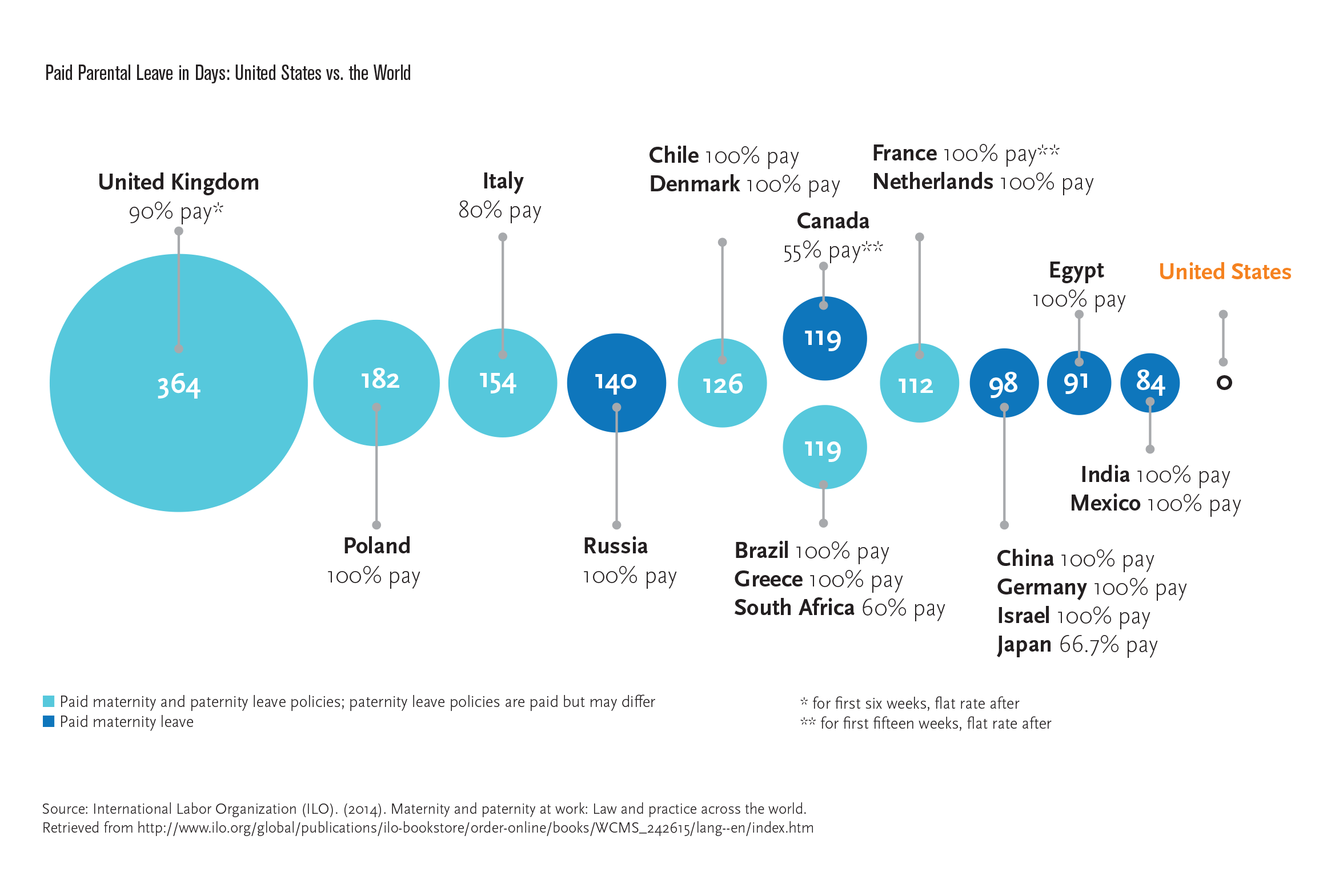The following is excerpted from Issue 16 of The Corporate Citizen magazine. To learn more about how companies are using corporate citizenship to achieve business and social value, check out our issue archive.
As a global commerce leader that connects millions of buyers and sellers around the world, eBay empowers people and creates opportunity. In late 2015, the company decided to make a large investment in the engine that drives this success—its people. In December 2015, the commerce leader announced new paid family and medical leave policies, joining the ranks of tech companies such as Google that have recognized that a healthy and engaged workforce is key to retaining talent and staying competitive.
“Our employees make eBay great, and we care deeply about making sure they have our complete support inside and outside the office,” said Kristin Yetto, chief people officer at eBay and eBay Foundation board member. “This includes making sure they have time to take care of themselves and their families when they really need it.”
Effective January 2016, eBay’s new policies offer up to 12 paid weeks to care for a sick family member, 12 weeks of full pay parental leave, and up to 24 weeks of full-pay maternity leave. In addition to this, eBay increased its disability leave to full pay for the first 12 weeks of disability. The expanded time off represents a huge shift in responding to the needs of employees and an increased awareness of the value such policies can bring to the business and the economy as a whole.
“These changes underscore eBay’s commitment to being an inclusive and caring company. We are proud of the fact that these significantly enhanced policies are among the best in the technology industry,” Yetto continued.
Such generous leave policies are hardly the norm. According to a recent White House Study, only 48 percent of U.S. workers can take any paid time off to care for a sick family member, and only 39 percent can take some measure of paid leave after the birth of a child.[i] Those companies that do offer formal leave programs are not only making an investment in the welfare of their people, but also in their future competitiveness and business performance. Recent research has found that these programs can lower turnover, increase engagement and morale—and result in greater long-term productivity and profitability.[ii] A 2010 study found that outstanding employers can further reduce turnover by up to 3.5 percent per year by offering family benefits and adopting employee-friendly policies.[iii]
With its new family leave policies, eBay is supporting its current workforce and also aiming to attract the best future talent. A recent Nielsen study found that nearly 90 percent of future talent (close to graduating college or newly employed workers) list work-life balance as a top influencer in deciding where to work.[iv]
While always an effective recruitment and retention method, formal paid family and medical leave policies are expected to become an even greater driver of engagement as the U.S. workforce becomes increasingly diverse.
“Changes in the workforce and demographics in the United States have made it increasingly important to provide workers with the flexibility and support they need to care for children or aging parents,” said Yetto.
By making changes to its policies, eBay is on its way to cultivating a more engaged and productive workforce now and for years to come.
[i] The Council of Economic Advisers. (June 2014). The economics of paid and unpaid leave. Retrieved from https://www.whitehouse.gov/sites/default/files/docs/leave_report_final.pdf
https://obamawhitehouse.archives.gov/sites/default/files/docs/leave_report_final.pdf
[ii] The Council of Economic Advisers. (June 2014).
[iii] Vitaliano, D.F. (2010). Corporate social responsibility and labor turnover. Corporate Governance, 10 (5), 563-573.
[iv] Nielsen. (2016). Companies looking to boost their reputations should look inward. Retrieved from http://www.nielsen.com/us/en/insights/news/2016/companies-looking-to-boost-their-reputations-should-look-inward.html